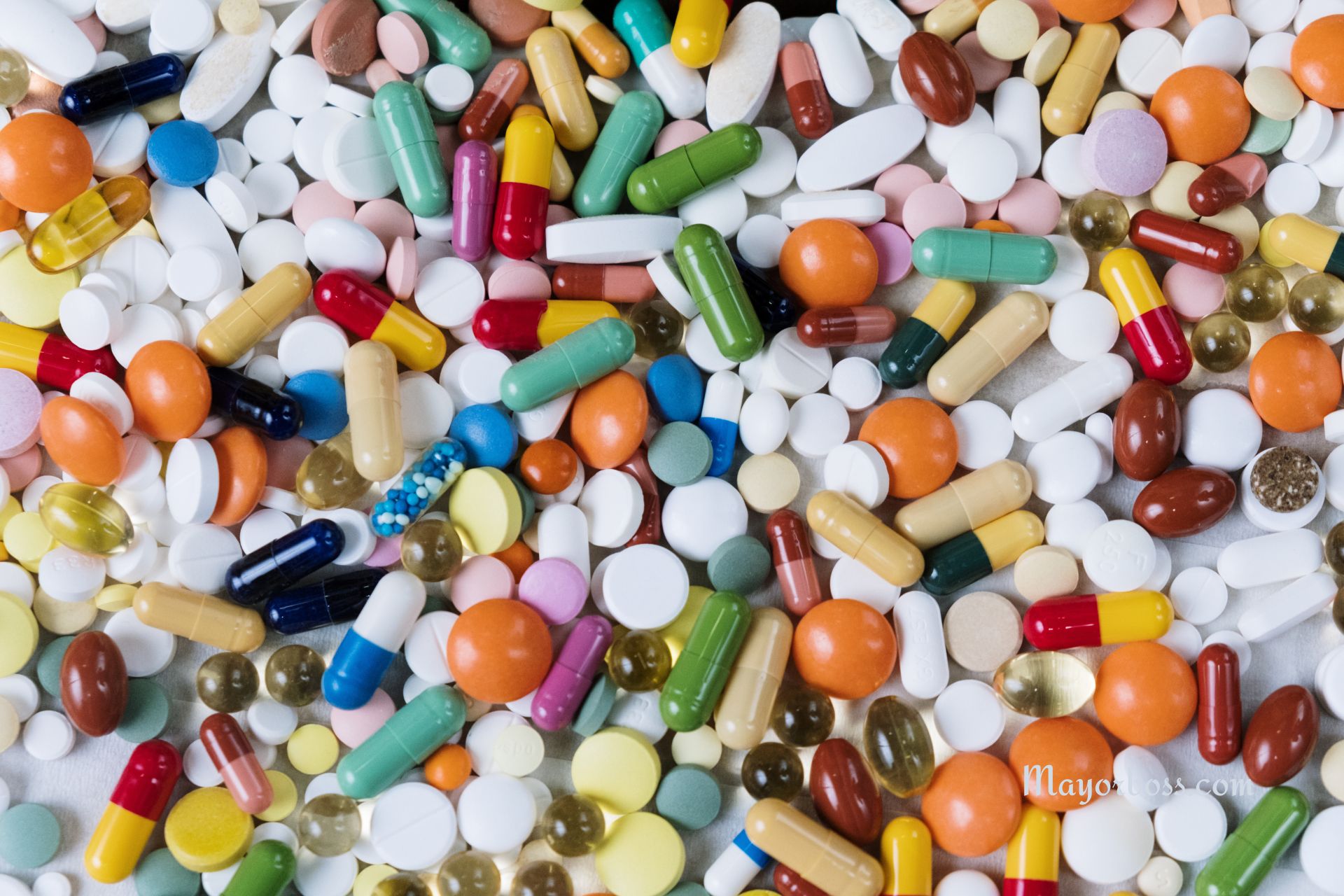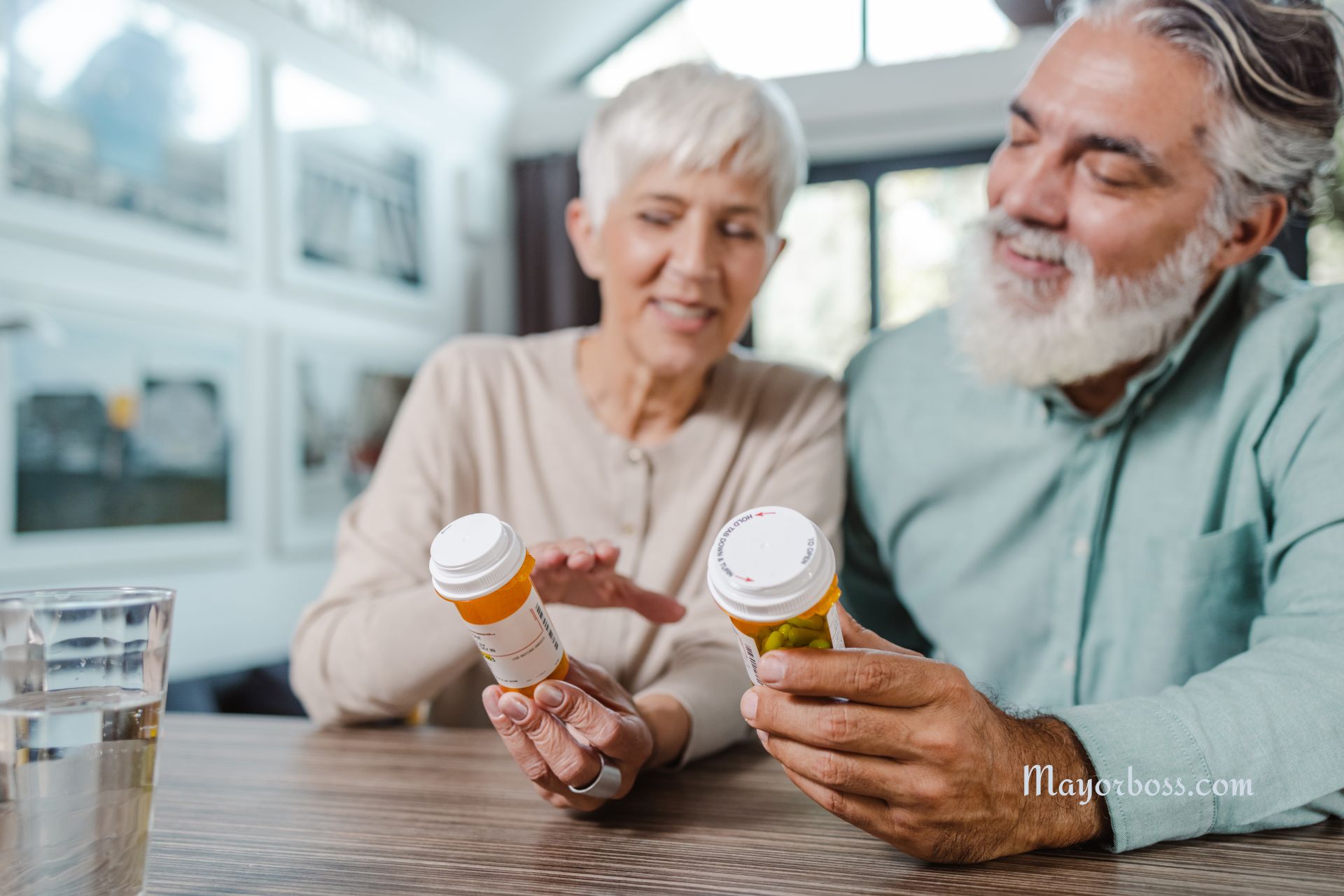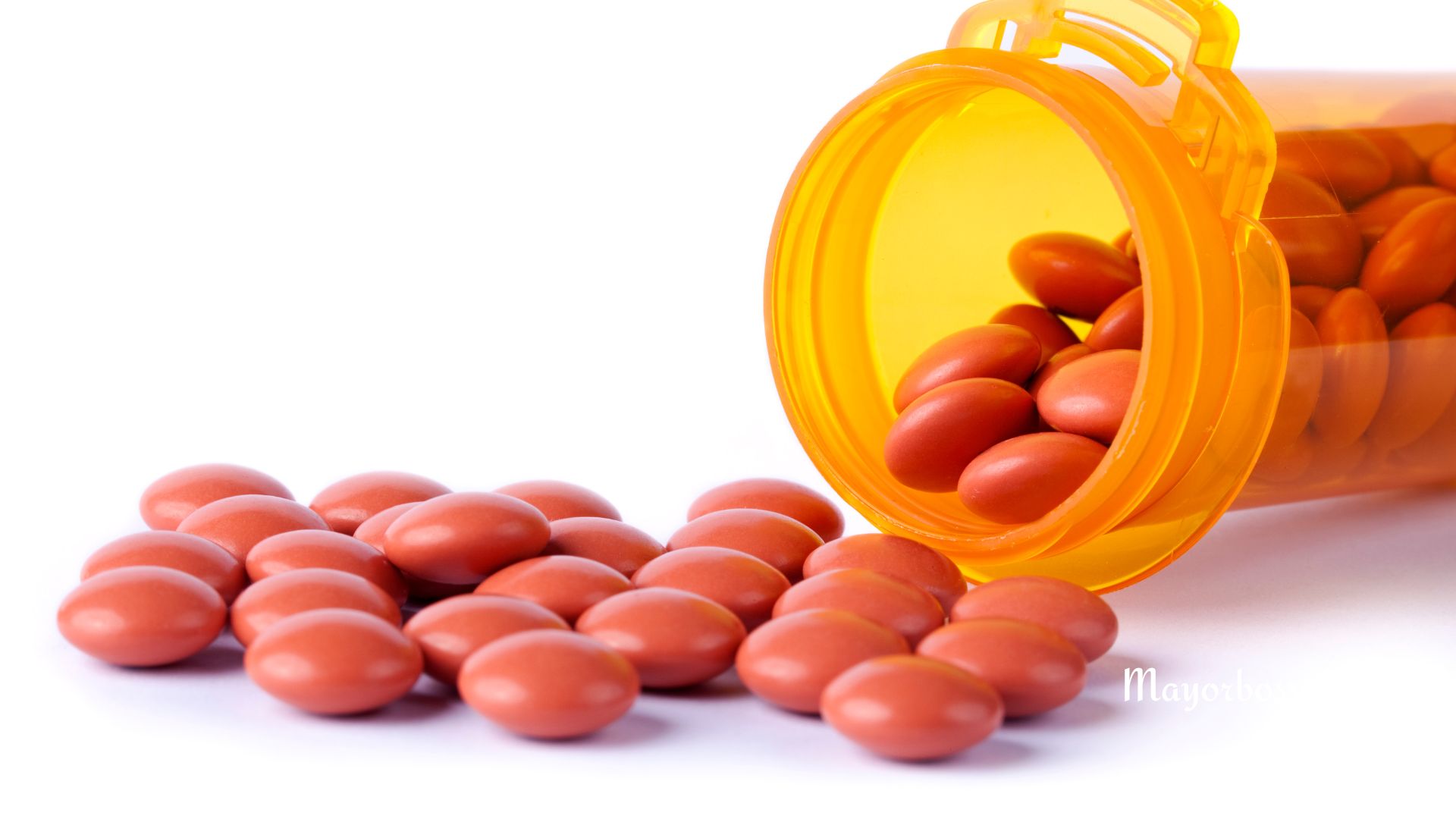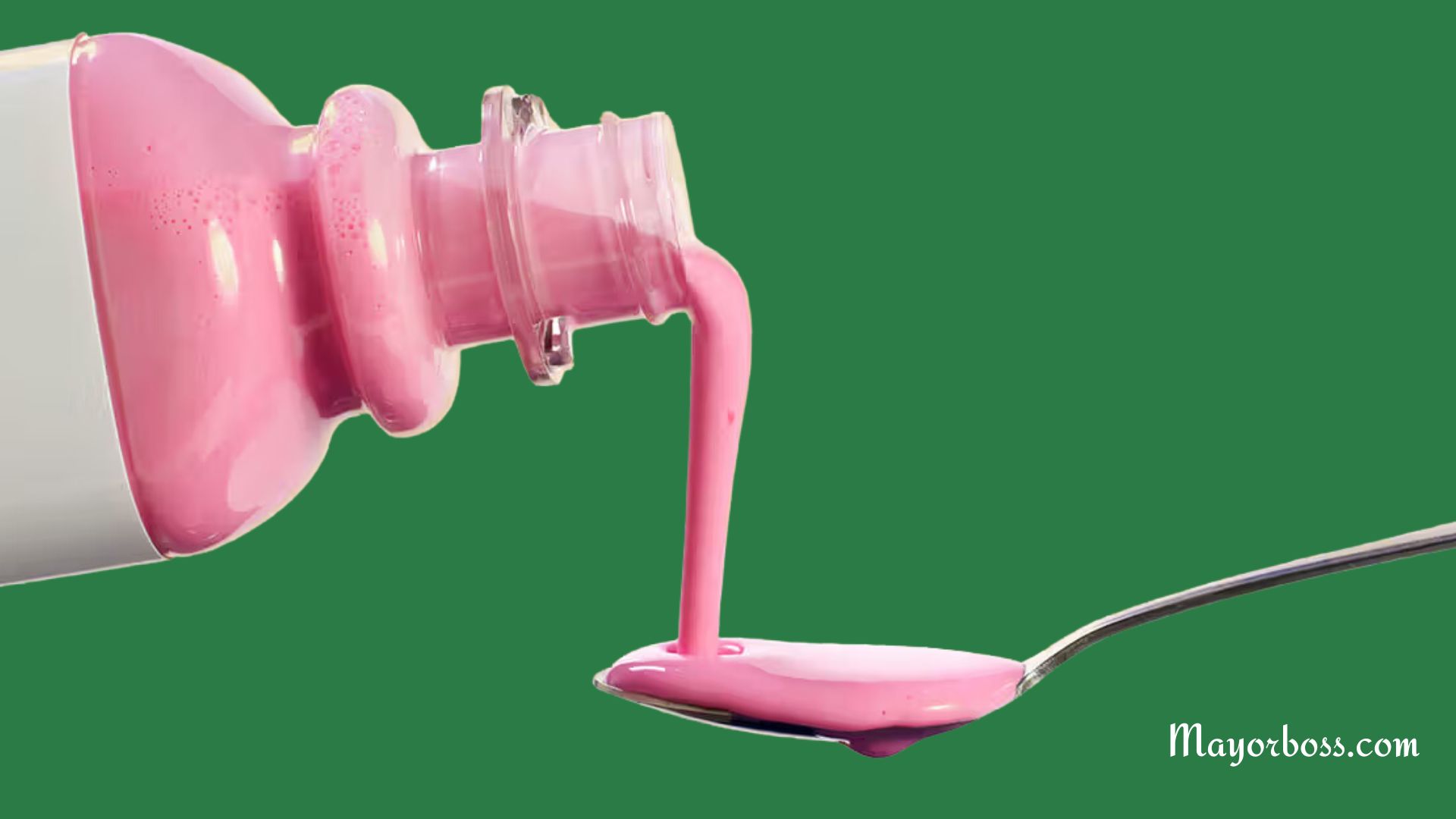You Should Always Have These 10 Medications at Home!
Life’s little emergencies can happen when you least expect them. Whether it’s a headache, an allergic reaction, or a scraped knee, it’s always good to be ready. Having a well-stocked home medicine cabinet is one of the best ways to be prepared. Here are ten important medications you should always keep at home. Remember, these are not meant to replace a trip to your doctor, but they can help make you more comfortable until you get there.

1. Pain Relievers Like Acetaminophen or Ibuprofen
Pain relievers like acetaminophen (Tylenol) or ibuprofen (Advil, Motrin) are very important to have at home. These over-the-counter medications help with mild to moderate pain, like headaches, muscle aches, or cramps. Ibuprofen also helps with swelling, which makes it good for sprains. Always follow the instructions on the bottle and talk to your doctor if you have any health problems that could make these unsafe for you.
2. Antihistamines for Allergies and Mild Reactions
If you have allergies or get allergic reactions, having an antihistamine like diphenhydramine (Benadryl) or loratadine (Claritin) is a must. These medications help with symptoms like itching, sneezing, or hives. Benadryl can also help with allergic reactions to bug bites or certain foods. Just remember that it might make you sleepy, so use a non-drowsy option like Claritin during the day.
3. Anti-Diarrheal Medicine Like Loperamide
Diarrhea can happen at the worst times. An anti-diarrheal like loperamide (Imodium) can help manage the symptoms until your body gets better. It won’t cure the problem, but it can help you feel better and prevent dehydration by slowing down your bowel movements. Make sure to drink lots of water, and if diarrhea lasts a long time, call your doctor.
4. Antacids or Acid Reducers for Heartburn Relief
Heartburn or acid reflux can happen suddenly, especially after a big meal. Having antacids like calcium carbonate (Tums) or an acid reducer like famotidine (Pepcid) can help you feel better quickly. These medications either neutralize the acid in your stomach or reduce how much your stomach makes, which helps with the burning feeling.
5. Hydrocortisone Cream for Rashes and Itching
Hydrocortisone cream (usually 1% strength) is a good thing to have for minor skin issues like bug bites, rashes, or other skin irritations. This cream helps reduce swelling, redness, and itching. For more serious or long-lasting rashes, make sure to talk to your doctor.
6. Cough Medicine and Decongestants for Cold Symptoms
Colds are part of life, and having medicine on hand can help make it easier to deal with. Dextromethorphan, found in many cough syrups like Robitussin, can help with a bad cough. Pseudoephedrine (Sudafed) can help with a stuffy nose. These medications are for short-term use, so always check the label for warnings and instructions.
7. Anti-Nausea Medicine Like Meclizine
If you get nauseous easily or have motion sickness, anti-nausea medicine like meclizine (Dramamine) can be very helpful. It’s especially good for car or boat trips if you or someone in your family gets motion sickness. It can also help with nausea from a stomach bug.
8. Antibiotic Ointment for Cuts and Scrapes
Minor cuts and scrapes happen all the time, especially if you have kids or do outdoor activities. An antibiotic ointment like Neosporin helps prevent infections and keeps wounds clean as they heal. Put a thin layer on the cut and cover it with a bandage to help it heal faster.
9. Oral Rehydration Salts (ORS) for Dehydration
Oral rehydration salts are an important but often forgotten item for your medicine cabinet. They help replace lost fluids and electrolytes after vomiting, diarrhea, or heavy sweating. ORS packets are easy to mix with water and help your body recover from dehydration.
10. Mild Laxative for Constipation
Constipation can be really uncomfortable, and it happens to everyone at some point. A mild laxative like polyethylene glycol (MiraLAX) or a natural option like psyllium husk (Metamucil) can help make it easier to go. Always follow the instructions, and if constipation continues, call your doctor.
Having these ten important medications at home can help you handle minor health issues without needing a rushed trip to the pharmacy. They cover a lot of common problems, from pain and allergies to stomach troubles and minor cuts. But remember, these are only for short-term relief. If your symptoms don’t get better or get worse, you should call your doctor right away.
Safety Tips for Your Home Medicine Cabinet
- Keep all medications out of reach of children and pets.
- Check expiration dates regularly and throw out expired medications safely.
- Store medications in a cool, dry place to keep them effective.
- Make sure everyone in your household knows where the medications are and how to use them properly.






